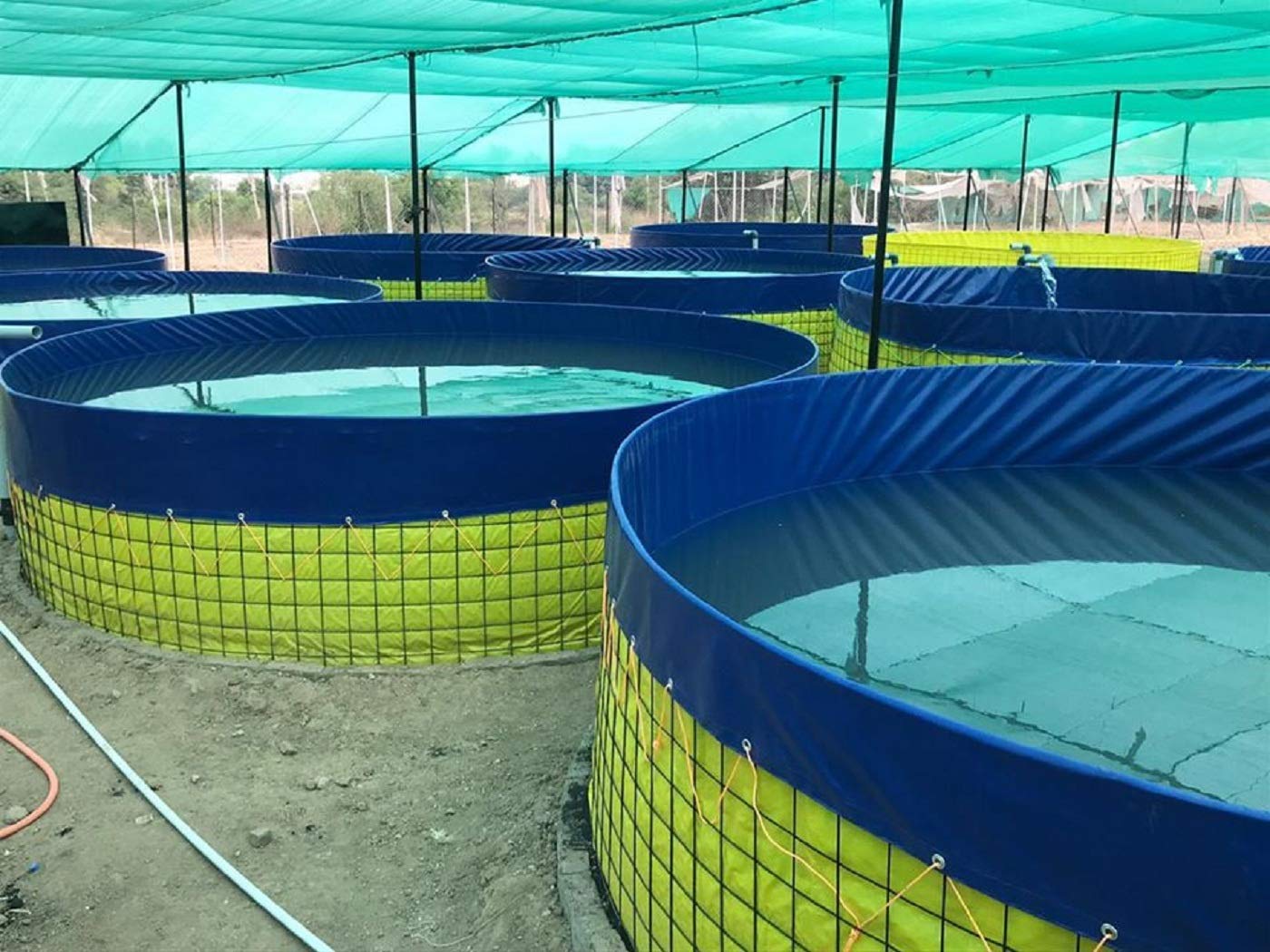
BioFloc Farming Noida

BIOFLOC farming IN Noida
Biofloc technology has gained popularity in recent years as a sustainable method for aquaculture. Noida, located in the northern Indian state of Uttar Pradesh, is an emerging market for biofloc aquaculture due to its favorable location and climate conditions. Noida is a planned city and an extension of the Indian capital, New Delhi. It is situated in the Gautam Buddha Nagar district and is a part of the National Capital Region (NCR). Noida is well-connected to major cities such as Delhi, Ghaziabad, and Faridabad through a network of highways and expressways. The Yamuna river, a major tributary of the Ganges, flows nearby, providing ample water resources for aquaculture.
The climate of Noida is characterized by hot summers and cold winters, with monsoon rains in the months of July and August. The temperature ranges from 5°C in winters to 47°C in summers. These favorable climatic conditions make Noida a suitable location for biofloc aquaculture.
Biofloc technology has been successfully used for the production of various species such as shrimp, tilapia, catfish, and carp. The demand for these species has been growing in India due to the high protein content of the fish, which is an essential component of a healthy diet. The market demand for biofloc-produced fish has been increasing due to its sustainable and eco-friendly production method.
The Uttar Pradesh government has also provided subsidies and grants to farmers and entrepreneurs for the adoption of biofloc technology. The government has been promoting aquaculture as a means of boosting rural income and employment, and biofloc technology has been identified as a key tool for achieving this goal.
The adoption of biofloc technology in Noida has had a positive social impact on the local community. The technology has provided employment opportunities for the rural population and has contributed to the economic growth of the region. Moreover, the use of biofloc technology has reduced the dependence on traditional methods of aquaculture, which can have adverse environmental impacts.
In conclusion, Noida's favorable location, climate, and government support make it a potential hub for the adoption of biofloc technology. The adoption of this technology has the potential to boost rural income, employment, and economic growth while also promoting sustainable aquaculture practices.
